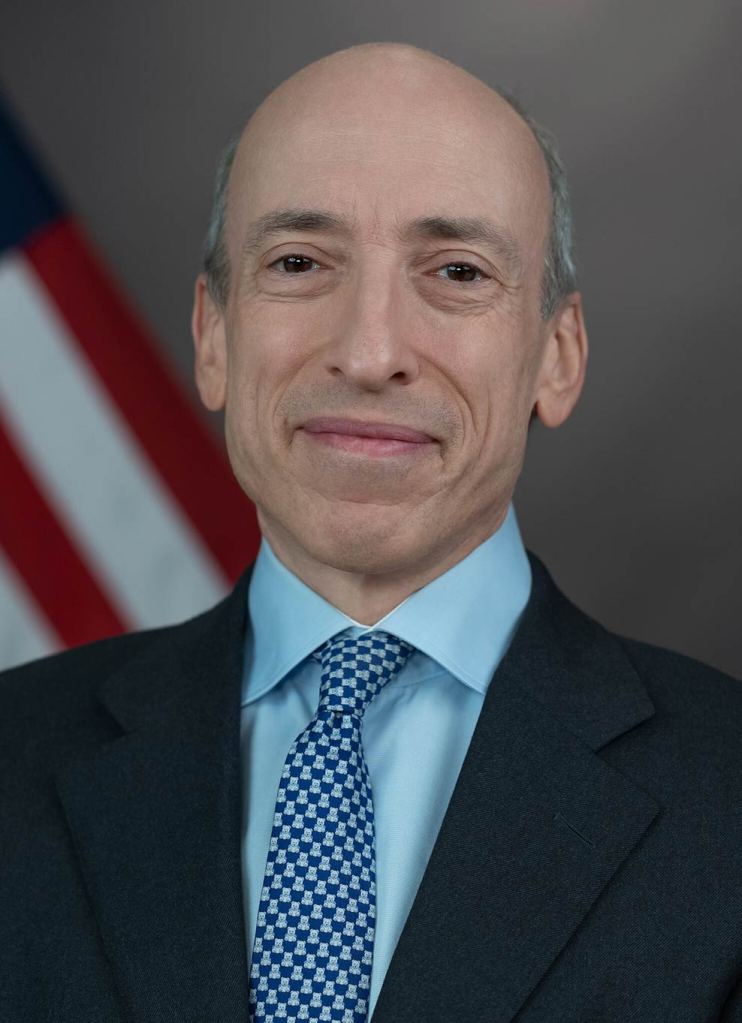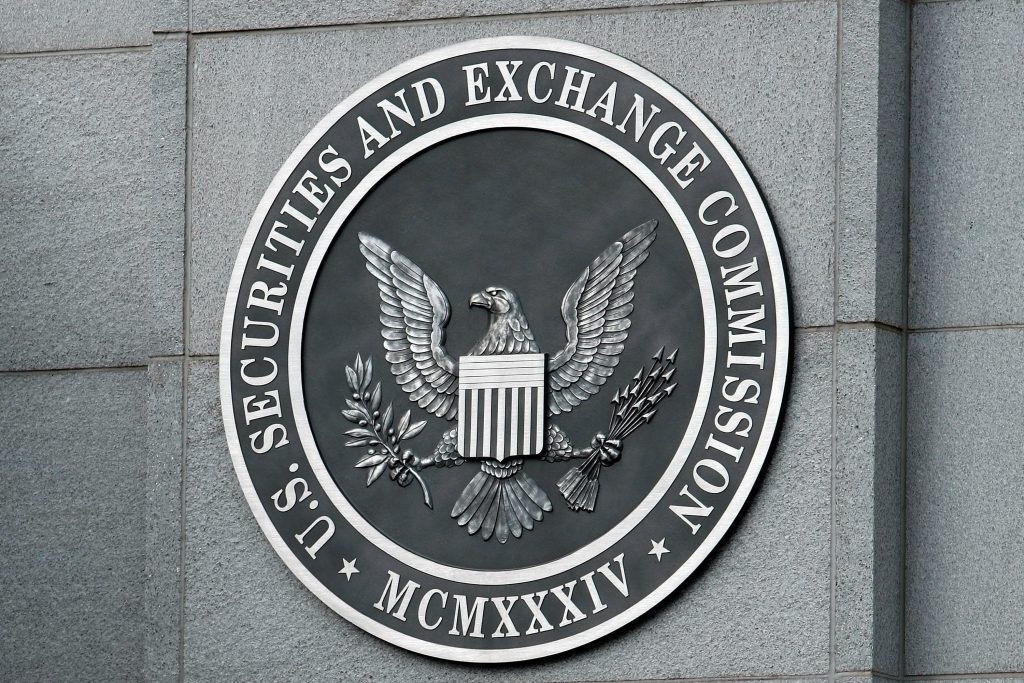Yesterday, the US Securities and Exchange Commission adopted amendments to the Investment Company Act “Names Rule,” which addresses fund names that are likely to mislead investors about a fund’s investments and risks.
The Names Rule, SEC Rule 35d-1, was enacted over 20 years ago in 2001, and the SEC said its amendments modernize and enhance it, and also promote investor protection goals.
The Names Rule currently requires registered investment companies whose names suggest a focus in a particular type of investment to adopt a policy to invest at least 80 percent of the value of their assets in those investments.
The goal has always been to ensure that investors’ assets in funds are invested in accordance with their reasonable expectations, based on the fund’s name.
Adopt an 80% investment policy
The amendments to the Names Rule will enhance the rule’s protections by requiring more funds to adopt an 80% investment policy, including funds with names suggesting a focus in investments with particular characteristics; for example, funds that include terms such as “growth” or “value,” or terms that reference a thematic investment focus, such as the incorporation of one or more environmental, social, or governance factors.
The amendments will include enhanced prospectus disclosure requirements for terminology used in fund names, including a requirement that any terms used in the fund’s name that suggest an investment focus must be consistent with those terms’ plain English meaning or established industry use.
The amendments will also include additional reporting and recordkeeping requirements for funds regarding compliance with the names-related regulatory requirements.
Commissioner Caroline Crenshaw observed that investment company names are far from the only area where Congress has recognized the importance of the name of a product.
The amendments will also include a new requirement that a fund review its portfolio assets’ treatment under its 80% investment policy at least quarterly and will include specific timeframes – generally 90 days – for re-establishing compliance with the rule if a fund departs from its 80% investment policy.
The amendments will become effective 60 days after publication in the Federal Register. Fund groups with net assets of $1 billion or more will have 24 months to comply with the amendments, and fund groups with net assets of less than $1 billion will have 30 months to comply.
Commissioner perspectives
The new rule passed with the three Democratic commissioners and one Republican approving, and one Republican dissenting — with each commissioner issuing a statement.

“As the fund industry has developed over the last two decades, gaps in the current Names Rule may undermine investor protection,” said SEC Chair Gary Gensler. “Today’s final rules will help ensure that a fund’s portfolio aligns with a fund’s name. Such truth in advertising promotes fund integrity on behalf of fund investors.”
Gensler said a fund’s name is the first piece of information that investors receive about a fund, and fund names offer important signaling for investors in assessing their investment options.
Commissioner Jaime Lizarraga pointed out that, under the enhanced rule, funds themselves still have the discretion to decide on the name and the investment mix, and it provides for accountability measures and flexibility to remedy any departures from the 80% policy.
But he said the rule was needed, given marked changes in investing strategies and preferences. He said one study showed that by the end of 2021, approximately $8 trillion – or 1 in 8 dollars – of the total US assets under management was invested in sustainable strategies and that between 2001 and 2021, electronically traded funds and equity mutual funds that invest in specific sector funds increased by 70%.
Commissioner Caroline Crenshaw observed that investment company names are far from the only area where Congress has recognized the importance of the name of a product. For example, a substance to be marketed as “peanut butter,” the substance must be at least 90% peanuts and for a company to describe jewelry as “gold” or “silver,” it must ensure its product is nearly entirely made of that metal, she said.
“If we wanted all funds subject to the names rule, we should have simply said so.”
SEC Commissioner Mark Uyeda
Commissioner Hester Peirce supported the rule, largely because the new rule’s adopting release clearly gives fund managers the authority to define the terms used in the funds’ names themselves.
SEC staff “will not place value judgments on any terms, but instead allow funds to define what their names mean,” she said approvingly. “Because fund managers have flexibility in interpreting terms, investors will know they need to look beyond a fund’s name to understand what types of investments are in the fund’s portfolio,” she said.
Commissioner Mark Uyeda dissented, saying the release provides little guidance on what is meant by “particular characteristics,” such that practically any term could be subject to the Names Rule.
“If we wanted all funds subject to the names rule, we should have simply said so,” Uyeda said.
He conceded that the amended rule provides some flexibility to funds to define terms consistent with their plain English meaning or established industry use, but he said the Commission said that in 2001. “Hopefully this time we mean it, for if we construe terms too rigidly, fund innovation and investor choice will suffer,” he said.

















